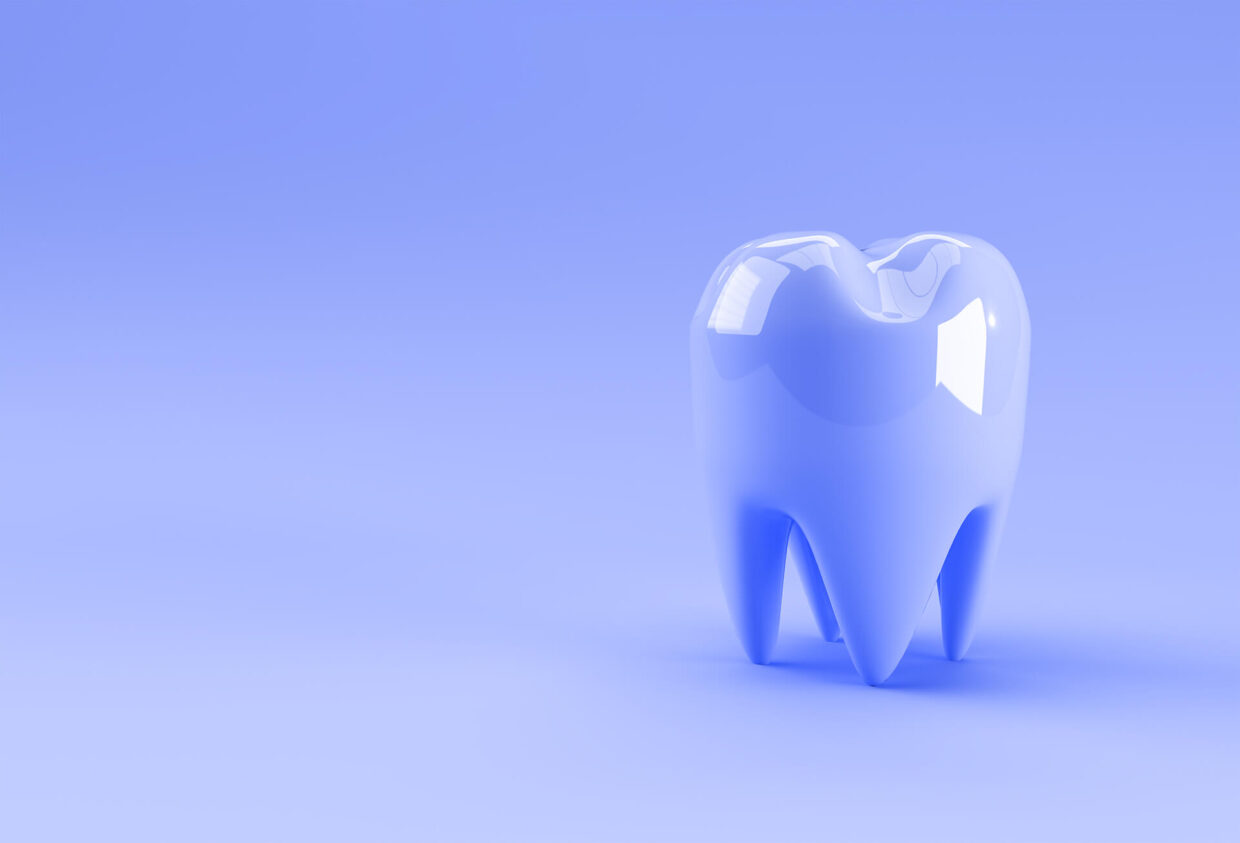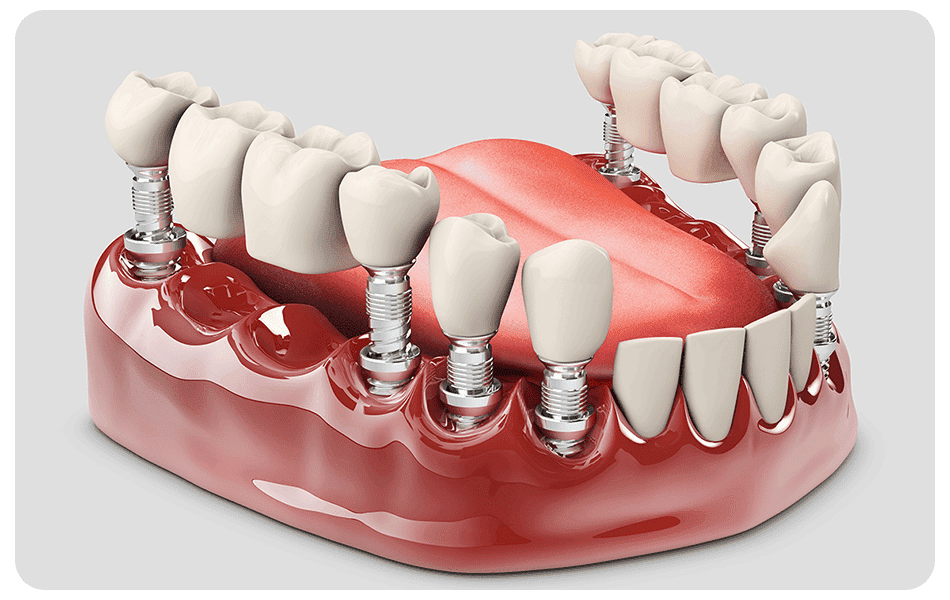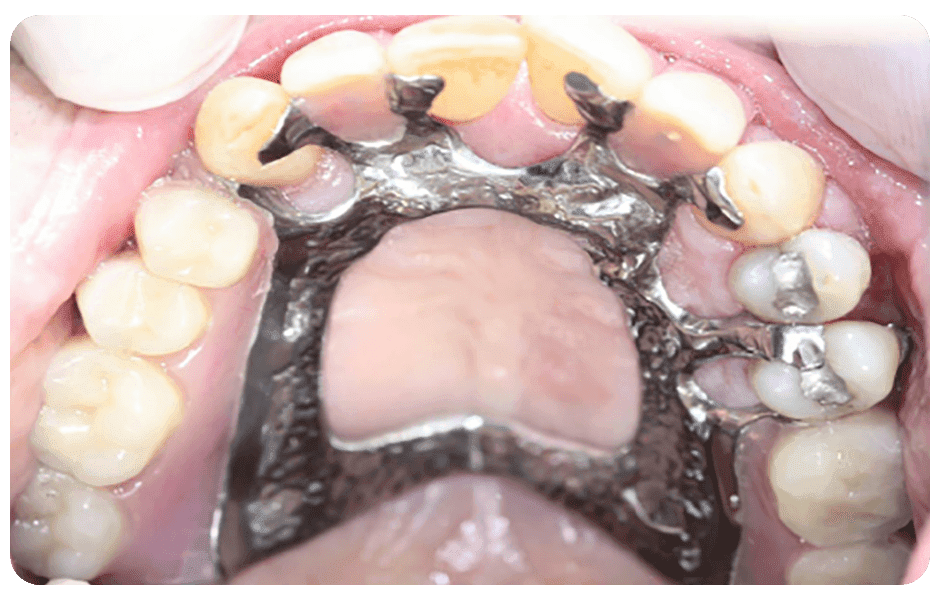Dental Bridges in Abu Dhabi
Elyzee Hospital is one of the best hospital centers in Abu Dhabi, specializing in Cosmetic Dentistry.

Best Dental and Bridges Treatment in Abu Dhabi
Dental bridges are a popular restorative dentistry procedure that helps fill the gap created by missing teeth. This treatment involves the placement of an artificial tooth, or pontic, that is supported by dental crowns on either side of the gap. Dental professionals recommend dental bridges as an excellent treatment option for anyone experiencing tooth loss that wants both a reliable and beautiful solution. This restoration not only restores patients’ smiles but also works to improve oral function while ensuring overall mouth health. This article will explore the various advantages of dental bridges available including outlining exactly who may qualify suitable candidates and shedding light on how consultations are conducted prior to preparing for the actual procedure followed by recovery advice so they can experience lasting respite.
The Benefits of Dental Bridges
Dental bridges offer several advantages that go beyond the cosmetic improvement of a complete smile. Here are some key benefits of this procedure:
1. Restored Functionality
Dental bridges restore the ability to bite and chew properly, improving the overall function of the mouth. With the gap filled, you can enjoy a more balanced bite and better digestion of food.
2. Enhanced Aesthetics
Dental bridges provide a natural-looking replacement for missing teeth, enhancing the appearance of your smile. The artificial tooth is custom-made to match the color, shape, and size of your natural teeth, ensuring a seamless integration with your existing dentition.


3. Prevention of Teeth Shifting
When a tooth is lost, the adjacent teeth may start to shift or tilt into the gap, leading to misalignment issues.
4. Preserved Facial Structure
Missing teeth can cause the facial muscles to sag, resulting in a prematurely aged appearance. By filling the gap with a dental bridge, the natural support for the facial structure is maintained, helping to preserve a more youthful and defined facial contour.
5. Improved Speech
Missing teeth can affect speech clarity, causing difficulties in pronunciation. Dental bridges restore the proper alignment of teeth, allowing for clearer speech and improved confidence in communication.
6. Convenience and Durability
Dental bridges are a fixed solution, meaning they are permanently attached to the adjacent teeth. This eliminates the need for removable appliances and provides long-term durability and stability.
The Best Candidate for Dental Bridges
The search for an effective solution to missing teeth leads many individuals towards dental bridges. Optimal candidacy requires existing healthy teeth and gums which can provide necessary support. A consistent regimen of thorough oral hygiene habits combined with routine check-ups at the dentist’s office are central factors in preserving longevity for dental bridges. Additionally, candidates should have adequate bone density and overall oral health to support the dental crowns that anchor the bridge.
If you’re considering dental bridges as an option for improving both aesthetics and function in terms of oral health. Then it’s definitely worth setting up a consultation appointment with an experienced dentist. During this critical first step in what could be an ongoing journey towards improved oral care expect to receive personalized attention from a thoughtful professional who will take into account all factors related to achieving maximized results over time.
Consultation with the Dentist and Preparation for the Procedure
Comprehensive oral health evaluation is at fore during consultations for dental bridges facilitated by top-notch dentists such as yours truly! Using X-rays alongside invaluable impressions culled from diverse sources across several protocols painstakingly employed allows us to effectively appraise both teeth quality alongside gum vitality status before providing various unique treatment preferences tailored just for you! We’d love nothing more than an opportunity where our acclaimed attention to detail can pamper every concern while building an empathetic strategy one question at a time! This consultation is an excellent opportunity to discuss your desired outcome, as well as factors such as the material choices for the bridge.
To prepare for the dental bridge procedure, your dentist may take dental impressions or scans to create an accurate model of your teeth and gums. This model will serve as a guide for crafting your custom-made dental bridge. To ensure proper fitting of the dental bridge. It may be required that the surrounding teeth undergo some degree of preparation wherein minimal enamel is removed. Through detailed pre op instructions provided by your dentist you’ll receive useful insights into maintaining sound oral hygiene leading up to this procedure. Furthermore. Personalized recommendations will be made regarding possible alterations in medication or supplement regimens that might affect oral health outcomes afterwards.
What's Happening During the Dental Bridge Procedure
The dental bridge procedure typically requires two or more dental visits. During the first visit, your dentist will prepare the abutment teeth, which are the teeth adjacent to the gap where the dental bridge will be placed. It is vital to carefully extract a thin layer of enamel from select teeth so as to create ample room for supporting dental crowns needed for a functional bridge. This essential aspect should be handled exclusively by a qualified dentist who possesses expert knowledge and takes extreme caution.
Next, your dentist will take impressions of your teeth and gums, which will be sent to a dental laboratory to create your custom dental bridge. An essential step towards creating your custom-made dental bridge involves taking impressions of both teeth and gums following an evaluation thereof by your trusted dentist. Thus, these impressions are dispatched off to the dental laboratory responsible for fabricating this component accurately. Before the permanent structure arrives, you’ll receive protection via availing yourself with temporary bridgework furnished by none other than your caring dentist. Your permanent bridge is being fabricated, your dentist will provide you with a temporary bridge to protect the exposed teeth and gums.
During your second visit, your dentist will remove the temporary bridge and carefully place and adjust the permanent bridge to ensure a precise fit and proper alignment. The bridge will be evaluated for comfort and functionality, and any necessary adjustments will be made. Once the ideal fit is achieved, the dental bridge will be permanently cemented into place, completing the procedure.
After the Procedure and Recovery
It is common practice that individuals may encounter some temporary sensitivity and distress following a dental bridge procedure but rest assured that this situation can be alleviated by utilizing readily available over-the-counter pain medications. In order for an optimal healing process after surgery, you may expect detailed instructions from your dentist covering how best to avoid chewing on any non-recommended subtypes of food while maintaining good oral hygiene practices at home shortly after placement of the dental device has occurred.
It usually takes several days until lasting comfort sets in while getting used to having the new structure in one’s mouth- initially, consuming softer foods can be extremely pleasant before eventually returning to your accustomed menu.
The Final Result
Following the successful installment of your dental bridge and the completion of post-operative recovery measures, preparation to enjoy an augmented smile is imminent. A remarkable feat that goes unnoticed is how seamlessly it integrates with existing teeth; this state-of-the-art restorative treatment delivers an attractive hyper-realistic replacement for missing teeth. Continued preservation of oral hygiene through regular brushing practices along with scheduled clinical visits facilitate prolonged durability allowing an enduring confident grin whilst promoting optimum oral health standards.
Conclusion
Dental bridges have numerous benefits such as enhanced aesthetics, better functionality, prevention against shifting teeth along with preserving facial features which combine together resulting in improved oral health leading towards increased quality of life. Therefore if one is facing problems related to missing one or more teeth then it’s recommended to speak with their dentist regarding getting these bridged which can provide a lasting solution. The dentist will guide through the process and answer all queries whilst devising an intricate treatment plan that would enable the patient to have their complete smile restored.

FAQs
For individuals seeking sustainable oral solutions, dental bridges provide an effective option. Nevertheless, one should note the possibility of replacing them due to routine wear and tear or fluctuations in adjacent teeth and gum tissue. Ensuring adequate care and upkeep will immensely extend the life of your dental bridge.
For individuals seeking sustainable oral solutions, dental bridges provide an effective option. Nevertheless, one should note the possibility of replacing them due to routine wear and tear or fluctuations in adjacent teeth and gum tissue. Ensuring adequate care and upkeep will immensely extend the life of your dental bridge.
In order to keep your dental bridge in tip top shape. Observing proper daily brushing and flossing techniques is paramount. Regularly scheduled check ups with your dentist will also contribute significantly to its longevity. You may receive tailored recommendations about oral hygiene methods from your dentist along with effective products designed specifically for maintaining healthy bridges.
Not everyone is a suitable candidate for dental bridges. A thorough evaluation by a dentist is necessary to determine if dental bridges are the right solution for your specific case. Factors such as overall oral health, the condition of adjacent teeth, and bone density play a role in determining candidacy for dental bridges.
Make An Appointment

